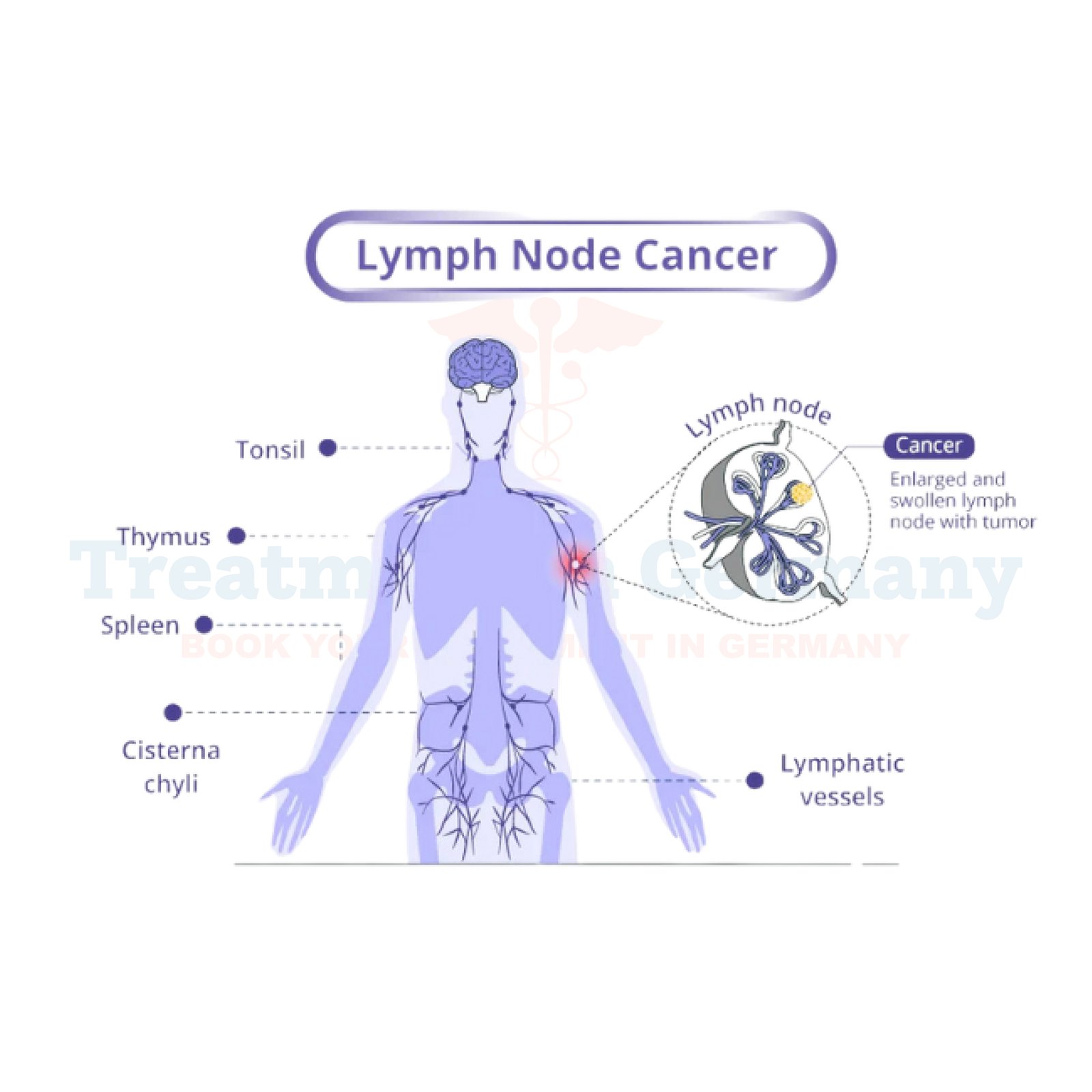What is Hodgkin Lymphoma?
Hodgkin Lymphoma, also known as Hodgkin's disease, is a type of cancer that originates in the lymphatic system. This disease specifically affects the white blood cells called lymphocytes, which are crucial for the body's immune system.
Hodgkin Lymphoma is characterized by the presence of abnormal lymphocytes, known as Reed-Sternberg cells, within the lymph nodes. These cells can spread to other parts of the body, including the spleen, bone marrow, and liver.
Side effects of Hodgkin Lymphoma:
The symptoms of Hodgkin Lymphoma can vary from person to person but commonly include:
- Enlarged lymph nodes: One of the most noticeable symptoms is the swelling of lymph nodes, usually in the neck, armpits, or groin.
- Persistent fatigue: Patients may experience extreme tiredness that doesn't improve with rest.
- Unexplained weight loss: Significant weight loss without any apparent reason can occur.
- Fever and chills: Recurrent fevers, often with night sweats, may occur.
- Persistent itching: Itching all over the body, without an obvious cause, is a common symptom.
- Pain: Some patients may experience pain in the affected lymph nodes after consuming alcohol.
These symptoms may indicate other medical conditions as well, but if they persist, it's important to consult a healthcare professional for further evaluation.
How is Hodgkin Lymphoma diagnosed?
Diagnosing Hodgkin Lymphoma typically involves a combination of medical history evaluation, physical examination, and various tests, including:
- Biopsy: A sample of the affected lymph node or other affected tissue is removed and examined under a microscope to look for the presence of Reed-Sternberg cells.
- Imaging tests: CT scans, PET scans, and MRI scans may be conducted to determine the extent of the disease and identify any affected areas in the body.
- Blood tests: Blood tests can help assess the overall health of the patient and detect any abnormalities, such as anemia or elevated levels of certain proteins.
Once a diagnosis is confirmed, further tests may be conducted to determine the stage of the disease and plan the appropriate treatment.
Potential treatments of Hodgkin Lymphoma:
Treatment for Hodgkin Lymphoma depends on various factors, including the stage of the disease, the patient's overall health, and individual preferences. Common treatment options include:
- Chemotherapy: This involves the use of powerful drugs to kill cancer cells or stop them from multiplying. Chemotherapy may be given alone or in combination with other treatments.
- Radiation therapy: High-energy beams, such as X-rays or protons, are used to target and destroy cancer cells.
- Immunotherapy: This treatment uses medications to boost the body's immune system and help it recognize and attack cancer cells more effectively.
- Stem cell transplant: In some cases, a stem cell transplant may be recommended, especially for patients with advanced or recurrent Hodgkin Lymphoma. This involves replacing damaged bone marrow with healthy stem cells to help the body produce new, healthy blood cells.
👉 Contact us for further information and receive acomplimentary consultation.


.webp)
 (1).webp)

.webp)
 (1).webp)


.webp)
 (1).webp)

.webp)
 (1).webp)
